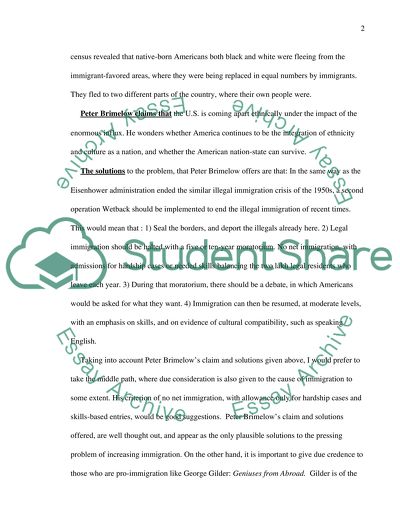Cite this document
(“IMMIGRATION Essay Example | Topics and Well Written Essays - 1000 words”, n.d.)
Retrieved from https://studentshare.org/miscellaneous/1538673-immigration
Retrieved from https://studentshare.org/miscellaneous/1538673-immigration
(IMMIGRATION Essay Example | Topics and Well Written Essays - 1000 Words)
https://studentshare.org/miscellaneous/1538673-immigration.
https://studentshare.org/miscellaneous/1538673-immigration.
“IMMIGRATION Essay Example | Topics and Well Written Essays - 1000 Words”, n.d. https://studentshare.org/miscellaneous/1538673-immigration.


